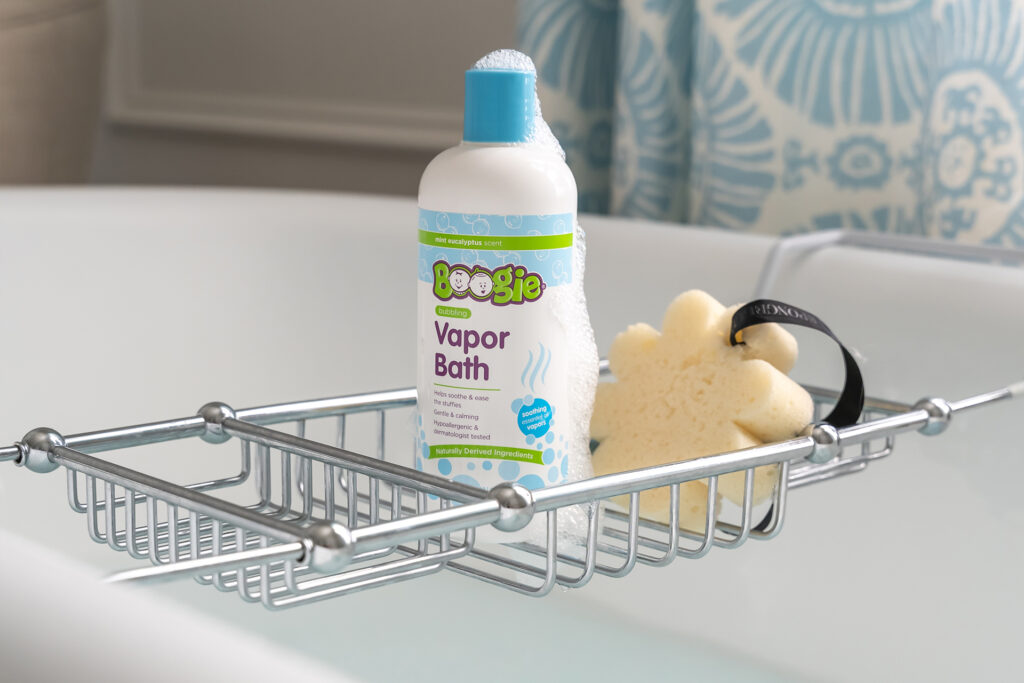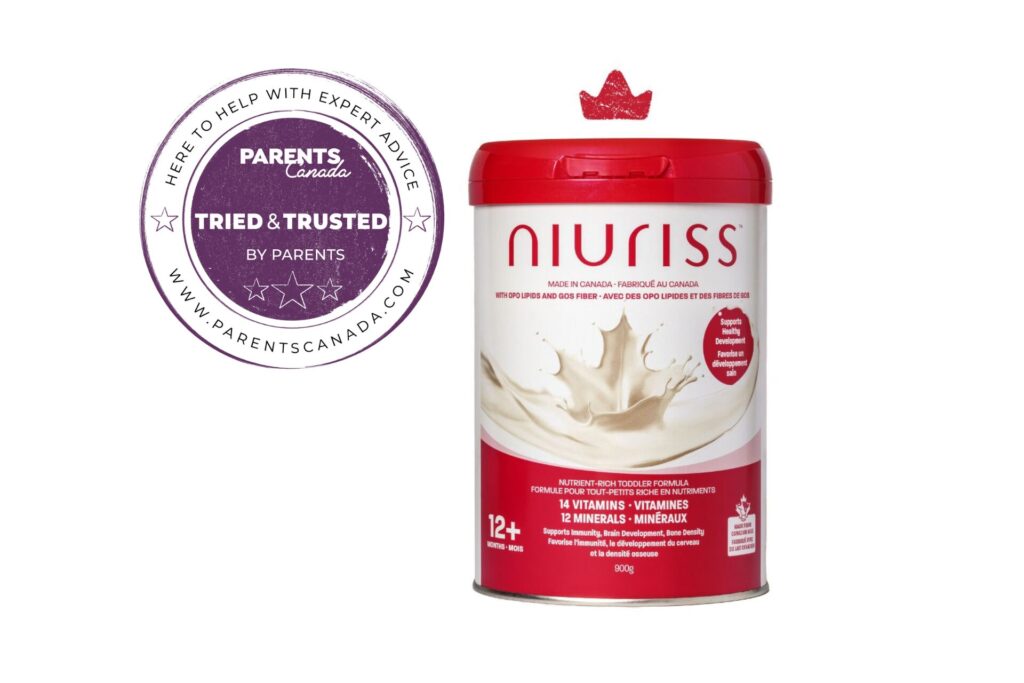Baby record books stress me out. The pages of empty lines look like a fill-in-the-blanks test that I haven’t studied for. And, sometimes I feel like their headings – first food, first step, first word – don’t tell the whole story. What about the little achievements, like when a toddler comments on something she sees out the car window, or looks through a book without ripping it to shreds? (My two-year-old son, Jake, has a bookshelf full of now flapless flap books.)

The obscure milestones aren’t tracked very closely, which is fine, since kids progress at vastly different rates. “There is a very wide range of ‘normal’ for achieving various developmental milestones,” says Dr. Marjolein Drybrough, a family physician in Calgary. “This especially applies to the independence-related skills that occur between 18 months and three years of age.” So, remember to celebrate and smile about all your child’s milestones. Here are some examples that won’t appear in Jake’s baby book, but I’ll be a happy mom when they happen.
Blowing the Nose
If the medical community ever forms an Institute for the Study of Rhinitis, the scientists (mucousologists, maybe?) would inevitably find that kids under the age of three have a runny nose 81.9 per cent of the time. Non-parents might think it’s easy to keep a kid’s nose clean, but it’s snot (get it?). Wiping it only clears a small amount, in 14 seconds it’s dripping again, and the edges of their little nostrils get raw from the constant wiping. I’m still waiting to meet a parent who has successfully used that plastic suction bulb that comes in a standard baby medical kit. Every tissue-wielding mom yearns for the day when her child can blow out through his nose. When I explain the concept to Jake, he laughs and blows out imaginary birthday candles. The yearning continues.
Tip: Place one hand behind your child’s head as you wipe the nose, in case your kiddo resists and tries to tilt the head back.
Cooperating with Personal Grooming
Personal hygiene tasks such as hand washing, hair brushing and toilet training can be tricky to pull off with toddlers. In Jake’s case, he fights me tooth and nail whenever it is time to brush his teeth or trim his fingernails. For brushing, we’ve established a system that starts with “Mom’s turn”, where I do the best I can with the limited openmouth time he grants me. Then it’s “Jake’s turn”, which consists of him repeatedly dipping the toothbrush head in a cup of water and then sucking on it. For his mini manicure, sometimes he will lie still if I sing an endless loop of ridiculous songs, but if that fails, I defer it until later when he’s absorbed in a Toopy and Binoo DVD.
Tip: Clip fingernails and toenails after bath time, when nails are softer and easier to cut.
Dressing and Undressing
Jake is content to let me select his clothes and dress him, for now, but Dr. Drybrough says, “The biggest hurdle to children gaining their independence with basic tasks is that parents don’t necessarily think to let them try.” If a toddler is keen to work with their own clothes and shoes, provide lots of praise and encouragement (even if you don’t agree with the fashion combinations or the shoes are reversed). Timing is important, too. Dr. Drybrough advises parents to “have kids try these tasks when they have the most chance of succeeding and there are no major time constraints, like being in a rush to get out of the house.”
Tip: Choose clothing that is compatible with little hands. Goodbye, snaps and laces; hello, Velcro. (I am still bewildered by size 2T jeans with a button-up fly.)
Saying Please
I’m a fan of “waiting for please”. When Jake says, “Want some yogurt,” I go and get it, then hold it at my side while giving him an expectant look. Him: “Want some yogurt.” Me: nothing. Him: “Yogurt…now?” You can almost hear the gears grinding in his head. Usually, I end up prompting him with the time-honoured “What do you say?” line. When he says “Yogurt, please,” I whoop it up and exclaim, “Of course you can have yogurt – you said please! What a good boy!” The repetition of this script can be wearing, but it’s worth it. One night, when he woke up and was very unsettled, I wrapped him in his blanket and cuddled him in the rocking chair. As he was starting to doze off, with his eyes still closed, he murmured, “Soother, please.” Even in the darkness of 4 a.m., I couldn’t hide my triumphant grin.
Tip: Make a conscious effort to say “please” and “thank you” when speaking to your kiddo and others. Your child wants to say the same things you do, so lead by example.









